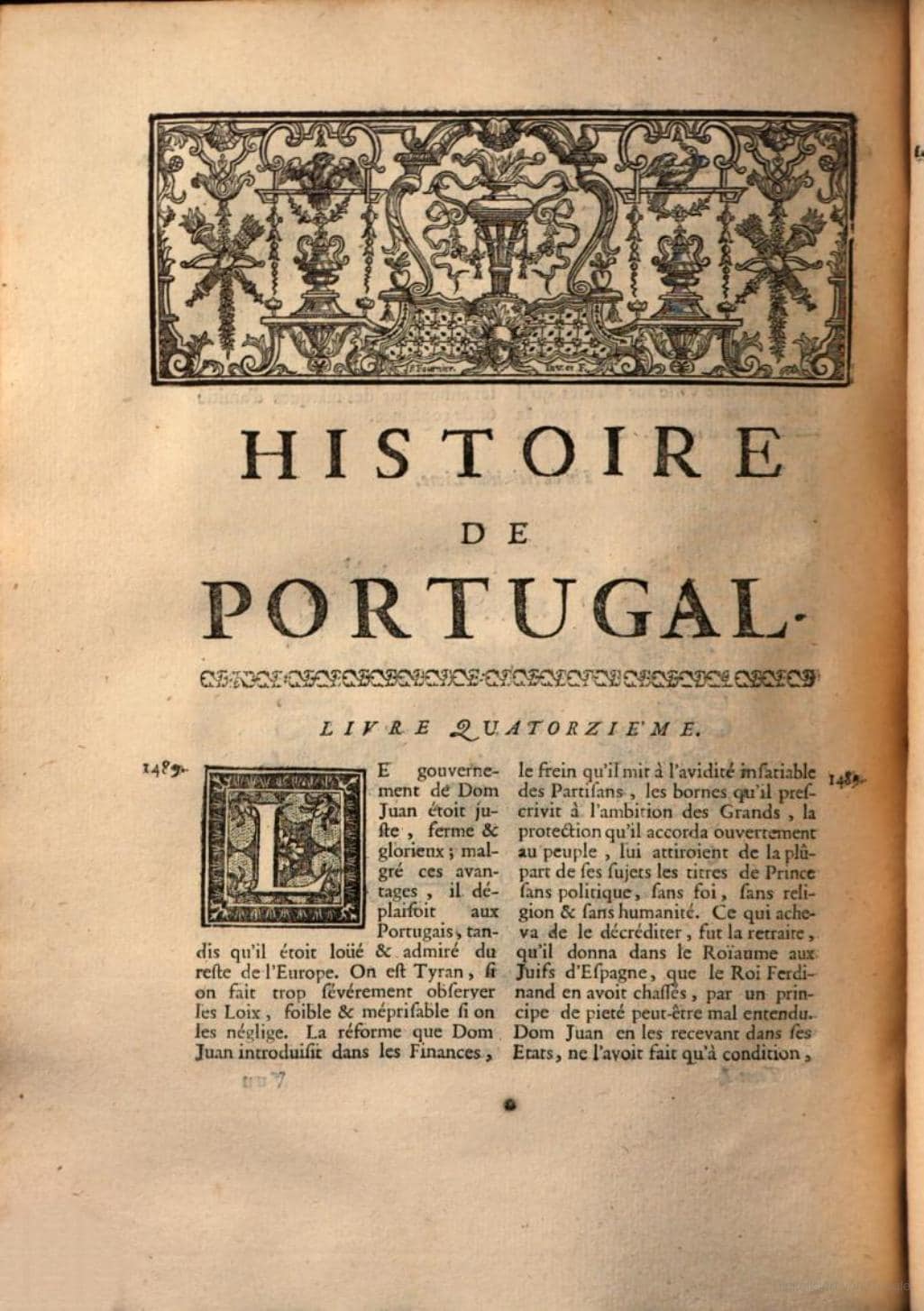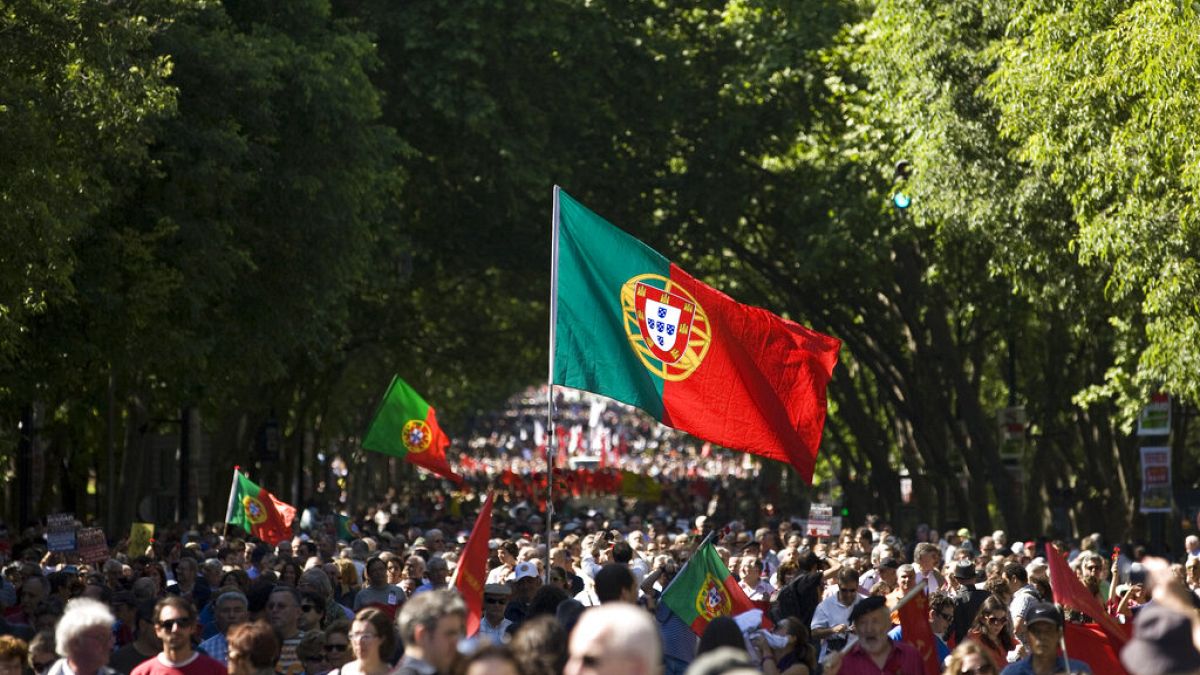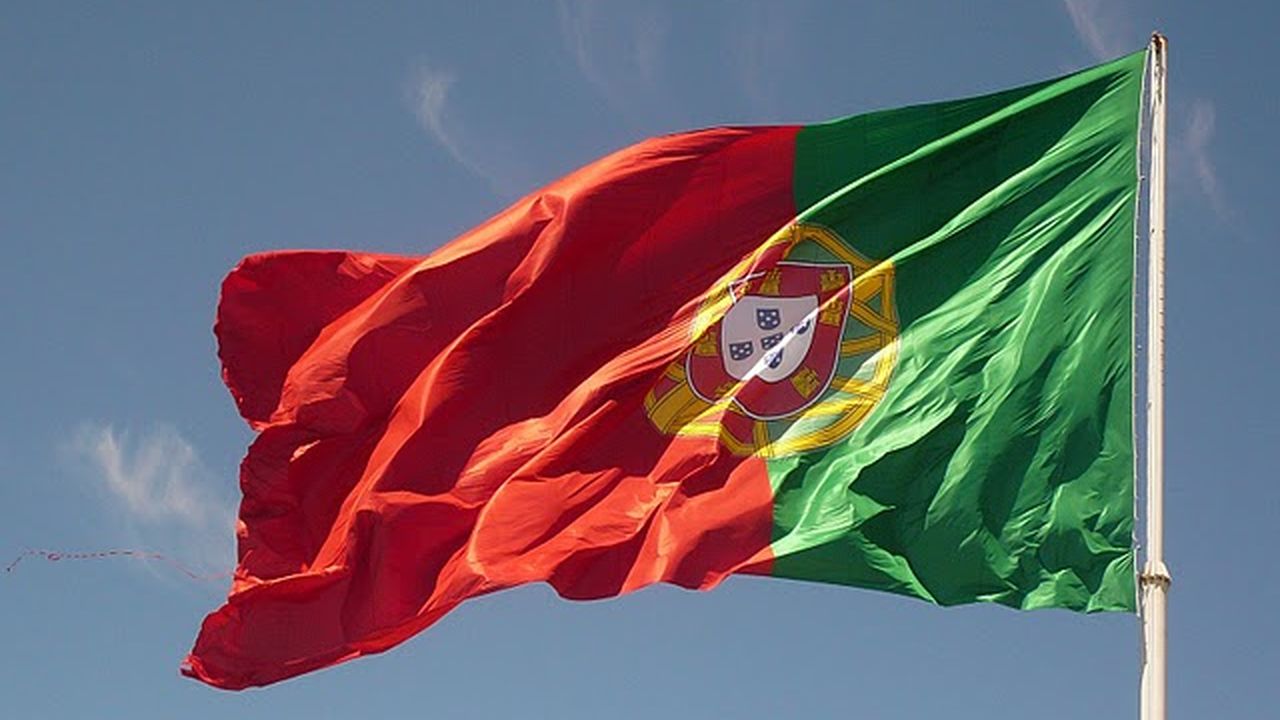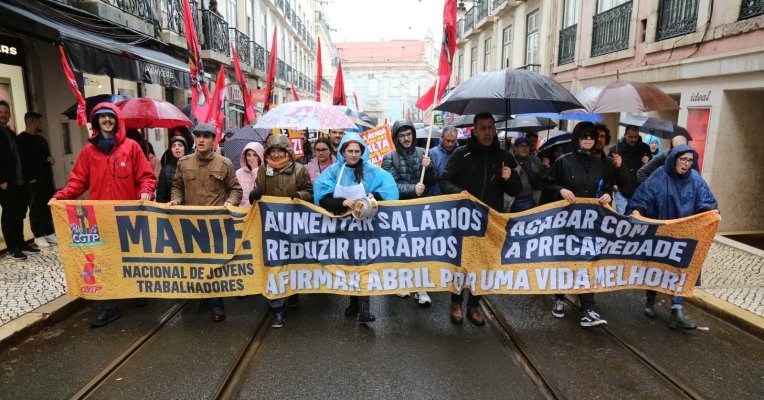
Around 1444, the northern coasts of Senegambia were explored by Portuguese navigators. They were the only Europeans to frequent it until about 1540, when the French, Dutch and English Normans began trading there in turn. The Portuguese had made their first contacts with the peoples of the Atlantic coast, in particular with the Wolofs, whom they identified in their records as Ziloffi, Jalofos or Gyloffos. The latter, who knew only the whites of the Portuguese, called all of Europe “Portougal” (Tougal), a term that has survived to this day.
From the fifteenth to the seventeenth centuries, Portuguese historians such as Diogo Gomez, Alves Ca’ da Mosto, Valentim Fernández, and Álvaro Filho, through their books and collections, provided invaluable ethnographic and economic information on the four main Senegambia peoples: the Toucouleurs and the Barbacinis. (Sérères), Jolofo, and Mandingas.
One of these Portuguese chroniclers, Joao de Barros, recounted the stay of the Prince of Wolow of Diolof, Bumi Delin Ndiaye (Bemwe Gelem for the Portuguese), from October to November 1488, at the court of King Dom João II. João de Barros’ story joins the oral traditions of the ancient kingdoms of Walo and Diolof, which have preserved the adventures of this famous voyager.
The historian of Walo Walo, Yoro Boly Dyao, notes in his notebooks: “Bourba Dyolof Bayram was son of Dyelen, son of Bourba Leyti, son of Bourba Tyoukli, son of Bourba Dyinyelane, son of Bourba Sari, son of Bourba Ndyanidin I. Bourba Bayram had a son named Delin, whom he intended to succeed him, and thus bore the title of Bumi, which was bestowed upon the successor of the reigning king.”
On the matrilineal side, Boumi was Dyelen Ndiaye of the princely line of Loggar du Walo, son of Linguère Yatta Tagne Mbodj, sister of Brak Naatago Tagne Mbodj who succeeded in Ouâlo, to his father Brak Teokle Mbodj.
When his father, Borba Diolof Biram N’Demi Yuler Ndiaye, died, his uncle, King Biram Kora Gan Ndiaye, appointed him crown prince of Bumi and entrusted him with the administration of the empire.
His half-brothers, Princes Bokar Begoye Sangole Ndiaye Det Setak and Samba Begoye Sangole, assassinated Borba Biram Kora Gan and seized control of the imperial throne. Borba Bokar Begi Sangole Ndiaye Date Setak dismissed Bumi Dillen to be replaced by his eldest son Biram Ndim Kumba, whom he named heir. He appointed his brother, Samba Boji, as viceroy (topi).
A civil war broke out between the old Bumi Delin and the new Burba. After several battles, he was defeated and forced into exile.
The Portuguese chronicles tell this story as follows: “Bemoy was the prince of Gallovis then king of Ethiopia. He sent a priest named Lucas Marcos to the king of Portugal to ask him for help against his brother Cipetah who had made him war. In return, he promised to convert to Christianity. On this basis, he sent King Dom João has troops under the command of Gonzalo Coelho. With their help, the Bemoy resisted for some time, but the king withdrew his forces because the Bemoy hesitated to convert to Christianity, and the Portuguese, seeing this indecision, withdrew their military support, and the Bemoy was defeated.”






